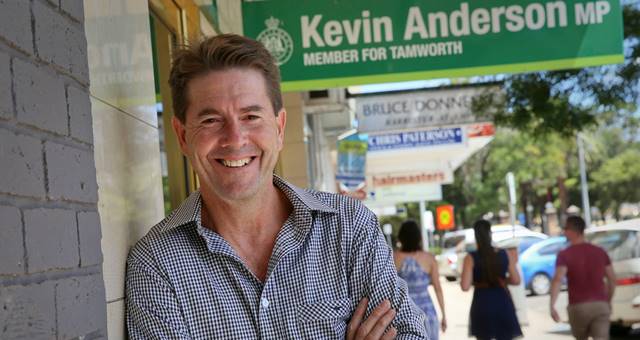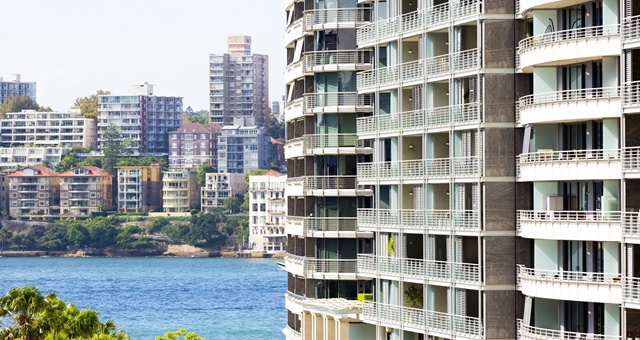Rules and obligations for hosts and guests utilising short-term rentals will be governed by a formal Code of Conduct in New South Wales from 18 December 2020, the state government has announced.
NSW Minister for Better Regulation and Innovation, Keven Anderson, this week unveiled the Code of Conduct, which will apply to hosts, guests, letting agents and booking platforms, which will also include formal avenues of complaint and dispute resolution for problematic hosts, anti-social guests or aggrieved neighbours.
MORE: Read the NSW Short-Term Rentals Code of Conduct in full.
NSW Fair Trading and its Commissioner will be the regulatory body overseeing the new Code and enforcing the rules, which will include a five-year booking ban for unruly guests utilising properties for anti-social purposes such as hosting loud and unruly parties. A ‘two strikes and you’re out’ policy will see warnings issued for initial transgressions prior to the host being hit with a ban.

All booking platforms and hosts must comply with the Code, which will outline enforceable standards and disciplinary powers available.
A government-run Premises Register will complete the reforms when it is introduced next year, along with a state environmental planning policy for the short-term rentals sector, overseen by the Department of Planning, Industry and Environment.
The new Code of Conduct builds on recent amendments to the Fair Trading Act allowing building strata corporations to ban the use of a non-primary residence for short-term rental.

Minister Anderson said the short-term rentals sector had gone from strength to strength but had been missing a clear set of rules to protect the rights of all parties.
“We have all heard the horror stories of hosts doing the wrong thing or the house guests from hell behaving disgracefully in holiday rentals,” he said.
“If you are going to carry on like that in someone else’s house or neighbourhood, be warned – under these new rules you will be banned, and for a very long time.
“The standards are enforceable, with powers available to NSW Fair Trading Commissioner to take disciplinary action, including penalties and exclusion from the industry for repeat offenders.”

The introduction of the Code of Conduct was not missed by the accommodation industry, with both the Accommodation Association and Tourism Accommodation Australia welcoming the news.
“We welcome the introduction of a Code of Conduct and the confirmation that the full Short-Term Rental regulatory framework including a Premises Register and final SEPP will be in force by 1 June 2021,” Accommodation Association CEO, Dean Long, told HM.
“While we had hoped for the entire reforms to be put into place concurrently and ahead of Christmas, we look forward to a robust framework being in place by 1 June 2021.
“This is important government recognition of our sector and the NSW Government deserves congratulations for their leadership on short term rental regulation,” Long added.

Similar sentiments were forthcoming from TAA National CEO, Michael Johnson, who thanked the NSW Government for implementing the “much-needed changes”.
“With the new code of conduct and registration and planning laws in place we can hope to see a regulated short-term rental accommodation environment that complements the accommodation sector rather disrupting it,” Johnson said.
The latest move brings NSW in line with several other Australian states, including Tasmania and Western Australia, in enforcing their own rules and regulations into short-term rentals.

